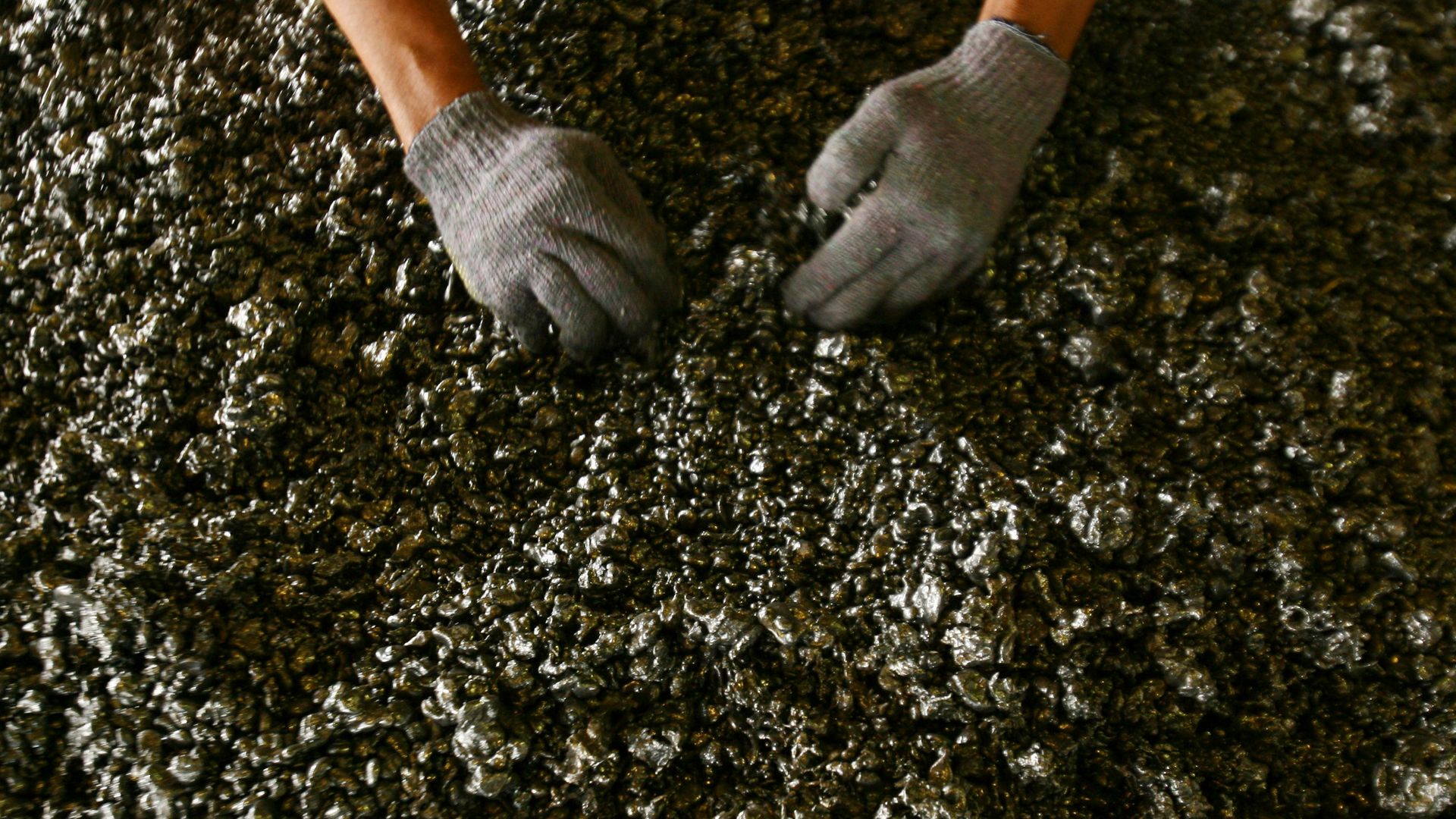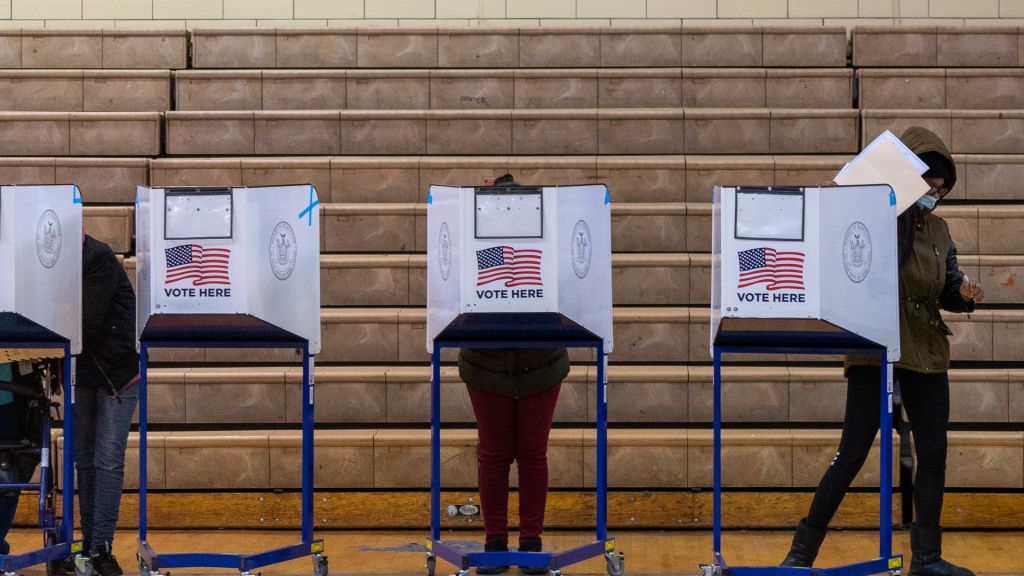
Push for EVs comes at a cost. Nickel production is far from green.
By Jack Aylmer (Reporter/Producer), Dan Reardon (Editor)
A concerted effort to increase the adoption of electric vehicles (EVs) in the United States is positioned as a significant driving force behind the nation’s goal of achieving net-zero emissions by 2050. To support this clean transportation initiative, the Biden administration has allocated over $24 billion. However, as the funding for EV proliferation grows, so does the demand for nickel, a crucial component of the batteries these vehicles utilize.
Tesla CEO Elon Musk emphasized the need for increased nickel mining during a 2020 earnings call, calling on “any mining companies out there” to “please mine more nickel.”
The global surge in nickel demand has led to a more environmentally harmful extraction process, with China seizing the opportunity to expand its mining efforts for this increasingly valuable metal.
“If you look at some of the predictions that the World Bank, the International Energy Agency have put out there, then there’s no way we can even move towards carbon neutrality without mining a heck of a lot of stuff,” said Simon Jowitt, an economic geologist and assistant professor at University of Nevada, Las Vegas, of this ongoing predicament surrounding nickel.
Multiple Chinese companies have made substantial investments in Indonesia, a country that while rich in nickel, possesses a lower-quality grade of the metal than that found in other regions.
Indonesian mining companies were eager to welcome Chinese assistance due to a 2020 policy that banned the export of raw nickel and required domestic processing. Collaborations with Chinese companies have allowed Indonesian mining groups to convert their nickel into EV battery materials using a process known as high-pressure acid leach (HPAL).
Consequently, Indonesia has experienced a sharp increase in nickel production for electric vehicles.
According to the CRU Group, a commodities business intelligence firm, Indonesia accounted for zero to 5% of all nickel used for EV batteries in 2017, just before the announcement of the first Chinese HPAL plant. Fast forward to 2022, and that percentage has surged to around half of all EV battery nickel used worldwide, as CRU projects that this percentage could exceed 80% by 2027.
Although this trend has facilitated the production of more electric vehicles, the HPAL process raises serious environmental concerns. It involves dousing nickel ore in sulfuric acid and subjecting it to extreme pressures at temperatures exceeding 400 degrees Fahrenheit.
Producing nickel through this method is nearly twice as carbon-intensive as mining and processing nickel elsewhere. HPAL facilities, which utilize coal-powered furnaces, can be six times as carbon-intensive, according to the International Energy Agency.
“Mining is critical to the just transition towards carbon neutral economies, but we can’t be complicit to the exploitative ways that natural resources are being extracted within vulnerable nations,” said Angela Asuncion, a researcher at University of Guelph who studies the impact of mining on the Global South.
Additionally, Indonesia has passed laws allowing companies to obtain permits to discard mineral processing waste into the ocean due to the difficulties of safely sequestering hazardous materials on land amid the country’s frequent heavy rains.
Environmentalists have campaigned against these practices, as some groups have urged Tesla to terminate its investment plans in Indonesia’s nickel industry, citing concerns over deforestation, pollution of water bodies, and disruption to the livelihoods of indigenous people as a result of nickel mining.
“Our deep concern is based on evidence and studies that demonstrate that the nickel industry and its supply chain have caused systemic, large-scale environmental damage, a rise of criminalization threats against indigenous communities and the environmental defenders protecting their lands from nickel mines, triggered harmful impacts on vulnerable groups such as women, and the violations of law that are perpetrated by the upstream and downstream actors of the nickel industry,” representatives from The Indonesian Forum For Environment wrote in a letter to Tesla shareholders.
These concerns have all prompted Indonesia to promise increased oversight and the establishment of military and police posts near nickel industry operations in an attempt to ensure accountability. Indonesian officials have also ordered companies to manage nurseries to reforest depleted mines and given existing facilities using coal power deadlines to change their energy sources into renewables.
“The most important thing is monitoring. The management control system must be strengthened,” Indonesian President Joko Widodo said of the country’s nickel mining industry. “Routine evaluations must be conducted.”
However, despite the country’s response, concerns persist regarding China’s involvement in a significant and growing percentage of the world’s EV nickel production. In total, China controls 61% of the total national nickel production in Indonesia, while state-owned enterprises only control about 5%, according to Bhima Yudhistira Adhinegara, director of the Center of Economic and Law Studies.
“We can see that the energy transition depends on batteries, batteries depend on nickel and nickel growth depends on Indonesia,” Steven Brown, an independent nickel consultant, said. “However, the ESG risk in Indonesia is perceived to be higher than in other places around the world.”
As China continues to employ environmentally harmful tactics to extract nickel in Indonesia, questions arise about whether EVs are genuinely more eco-friendly than gas-powered vehicles, considering the environmental impact of their production. Part two of this Straight Arrow News series addressing the issue will further examine these concerns and the impact of nickel mining on EVs’ environmental footprint.
VOTE WITH THE UNBIASED, STRAIGHT FACTS.™
We promise you context and clarity when it matters the most!
Straight to your inbox.
By entering your email, you agree to the Terms & Conditions and acknowledge the Privacy Policy.
MOST POPULAR
-

CNN faces defamation trial over Afghanistan evacuation report
ReadFriday -
 Getty Images
Getty Images
Self-driving vehicle company Waymo gets $5.6B to expand, despite challenges
Watch 2:15Friday -
 Getty Images
Getty Images
Massive fire at US base in South Korea extinguished after 19 hours
Watch 1:31Friday -
 Getty Images
Getty Images
Federal judge orders Virginia to restore more than 1,600 voter registrations
Watch 1:51Friday


